Research, Innovation and Education Working Group
Objectives
1. To support, in conjunction with the implementation working group of the Coalition, the realisation of the CFS, HLPE (2019) agroecological principle on co-creation and sharing of knowledge, through reconfiguration of agricultural and food research, rural advisory and education systems in countries that have joined the coalition and globally, so that universal agroecological principles can be applied in support of local innovation. This involves doing research differently[1], following a transdisciplinary[2] paradigm with all that this implies, including grounding agroecological science in agroecological practice and social movements, embracing all stakeholders, including farmers and civil society organisations, and their knowledge.
2. To be a trusted and authoritative curator of knowledge regarding scientific evidence underpinning agroecological transitions. This will involve periodic review of key topics to collate available evidence, make recommendations on the basis of what is known and identify priorities for further research.
3. To work with the policy working group of the Coalition to bring scientific evidence to bear on policy formulation and implementation related to agroecological transitions. This would represent the science-policy interface of the Coalition.
4. To track implementation of the CFS policy recommendations on agroecological and other innovative approaches in countries that have joined the coalition and globally.
5. To develop and share effective methods for implementing transdisciplinary research to generate new knowledge and experience related to agroecological transition.
6. To develop and endorse co-learning training and educational resources that can be used in schools, colleges, training institutions and universities to develop capacity to transform food systems through agroecology.
7. To provide a platform for Coalition members to operate agroecological research coherently as a whole rather than as a series of fragmented parts.
Outputs
- Development of a Tracking Tool for the CFS Policy Recommendations on Agroecology, in collaboration with the Policy Working Group of the Agroecology Coalition
- Organization of a series of high-level science-policy events to advocate for transdisciplinary and transformative agroecological research, including but not limited to key sessions at: the UNGA 78 Science Summit in New York City, the VIII Wallace Conference in Costa Rica, the 4th Global Conference of the Sustainable Food System Programme in Viet Nam, the 1st Eastern Africa Agroecology Conference
- Repository of educational programs focusing on agroecology developed under the subgroup on education
- Webinar “Let’s E.A.T.: Educate for Agroecological Transformation”, co-organized with the Institute for Agroecology of the University of Vermont
Co-Facilitators
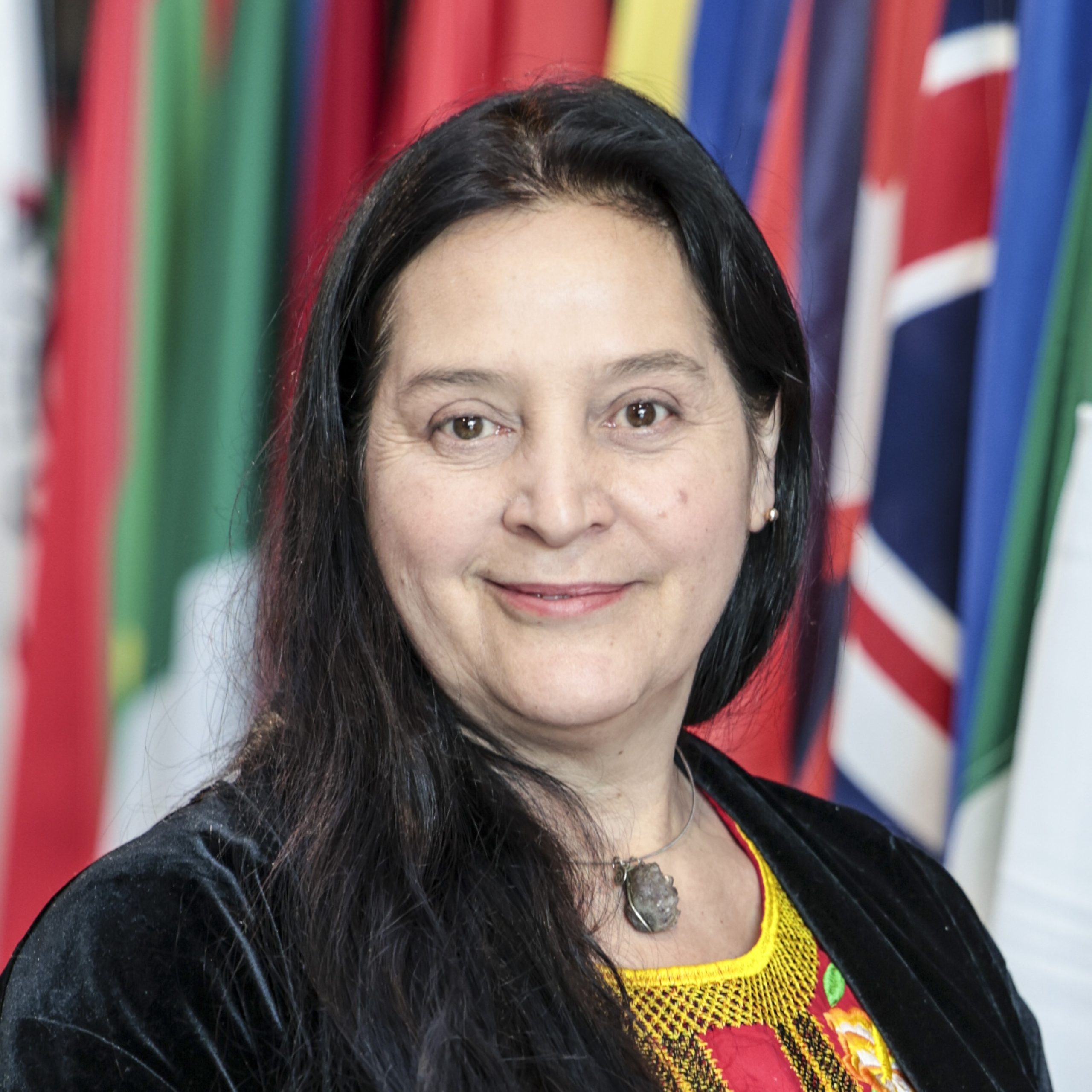
Cecilia Elizondo
Mexican Society of Agroecology, ECOSUR
Cecilia Elizondo is a member of the ECOSUR Agroecology group, where she has been working for 21 years. She had graduated from the CIIEMAD / IPN PhD program on Science in Landscape Heritage Conservation. She has also a MSc on Environmental Sciences at the Catholic University of Salta in Argentina. She has almost 35 years of experience in environmental management, 12 years in the Argentine Government, and 22 years in academia and in the Mexican Government. She was a coordinator from FAO of the Intersectoral Group on Health, Food, Environment and Competitiveness (GISAMAC). She was vice president of the Sociedad Científica Latinoamericana de Agroecología (SOCLA); and is currently the vice president of the Sociedad Mexicana de Agroecología (SOMEXA), and she is a member of the Frente Parlamentario contra el Hambre, Mexico’s Chapter.

Laurent Cournac
IRD
After twenty years of research at the CEA in the fields of photosynthesis, bioenergetics and carbon metabolism in plants and microorganisms, Laurent Cournac joined the IRD in 2011, where today he has the role of Director of the Eco&Sols research unit (www.umr-ecosols.fr). His research focuses on agroecological levers for the sustainable intensification of cropping systems, particularly in agroforestry systems in West Africa. The main themes addressed are: on a plant scale, to understand the genetic determinants of root exudation in Sahelian cereals and their effects on soil communities, and on a cropping system scale, to understand the impacts of organic amendments (including woody ones) on crop performance and soil functioning. He is also in charge of animating the transdisciplinary Agroecology workgroup in the IRD institute.
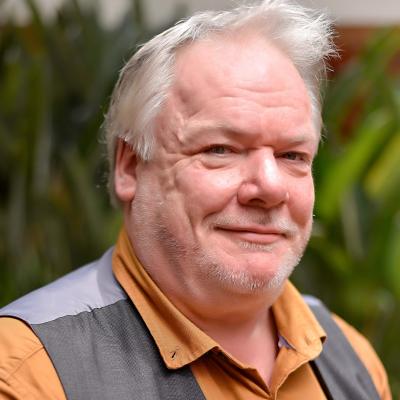
Fergus Sinclair
Agroecology TPP
Dr Fergus Sinclair is professor of agroforestry at Bangor University, UK. He is Honorary Professor at CATIE (Centre for Agricultural Research and Higher Education) in Costa Rica and Honorary Editor of Agroforestry Systems. He is Co-convenor of the Agroecology Transformative Partnership Platform. He is project team leader for the UN Committee on World Food Security (CFS), High-Level Panel of Experts (HLPE) report on agroecology and lead author of the background paper on agroecological approaches to realizing climate-resilient agriculture for the Global Commission on Adaptation. His transdisciplinary research is focused on combining local agroecological knowledge with formal science, measuring and modelling the performance of complex social-ecological systems, and the development of practical methods for supporting local agricultural innovation over large land areas and numbers of people while addressing fine scale variation in farmer context.
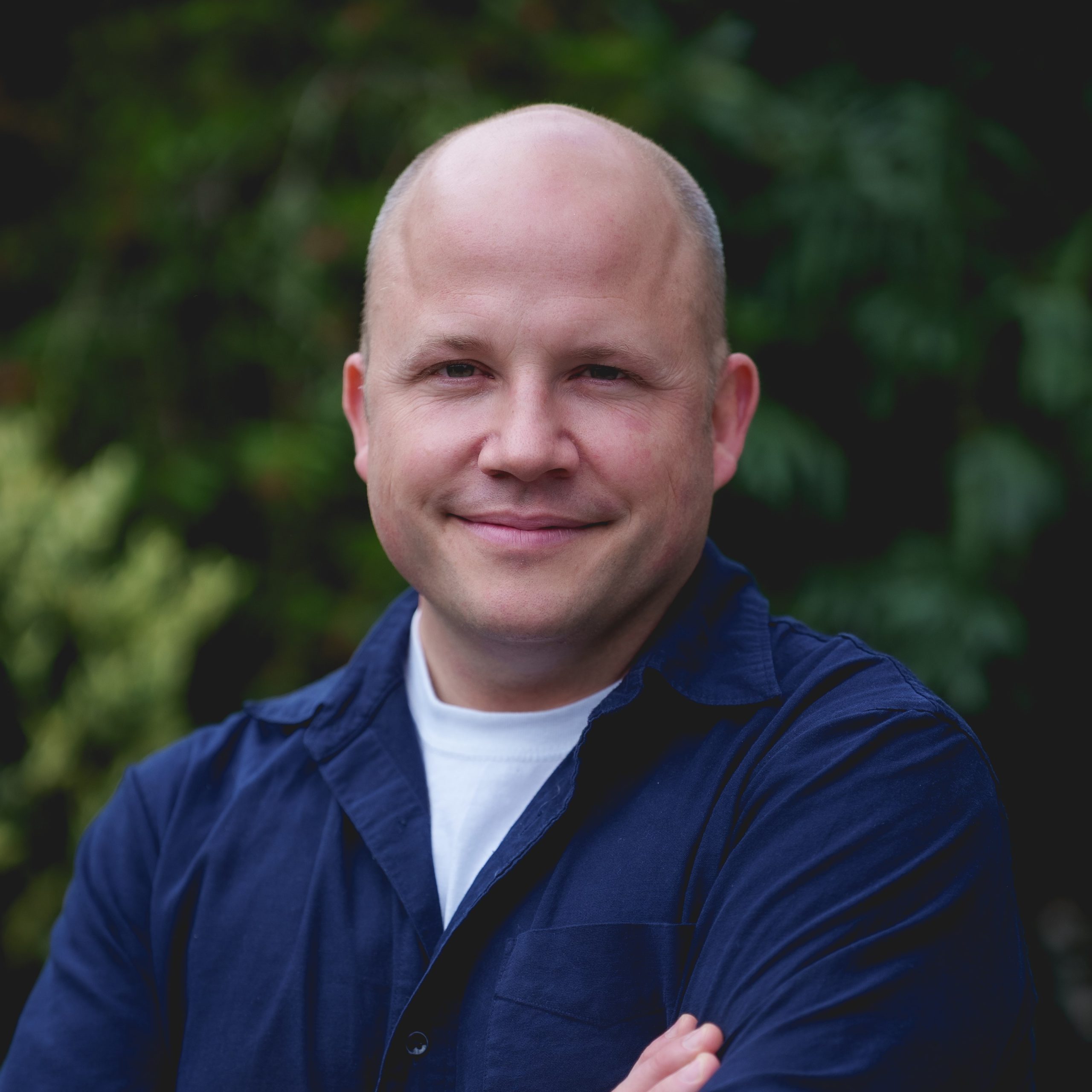
Colin Anderson
University of Vermont
Colin Anderson is Co-Director of the UVM Institute for Agroecology and is a Research Associate Professor in the University of Vermont Department of Agriculture, Landscape and Environment. His work centers on community- and people-led processes of social transformation, grounded in a deep commitment to social justice, resilience, and well-being. He collaborates with communities, networks, institutions, and organizations confronting the intersecting crises of our food systems, as well as those reimagining and building equitable alternatives. Colin focuses on participatory research and learning that transforms knowledge into action, working collaboratively with diverse communities and partners to co-create pathways toward just transformations in food systems. His research explores themes of pedagogy and learning, innovation, financing agroecology, food system transitions, political ecology, participatory methodologies, and resilience. Colin is a co-convener of the international platforms Agroecology Now, and Rooted Magazine, and teaches in the UVM Certificate of Graduate Studies in Agroecology. Colin also serve as co-editor of the Just Transformations in Food Systems book series with CRC Press.
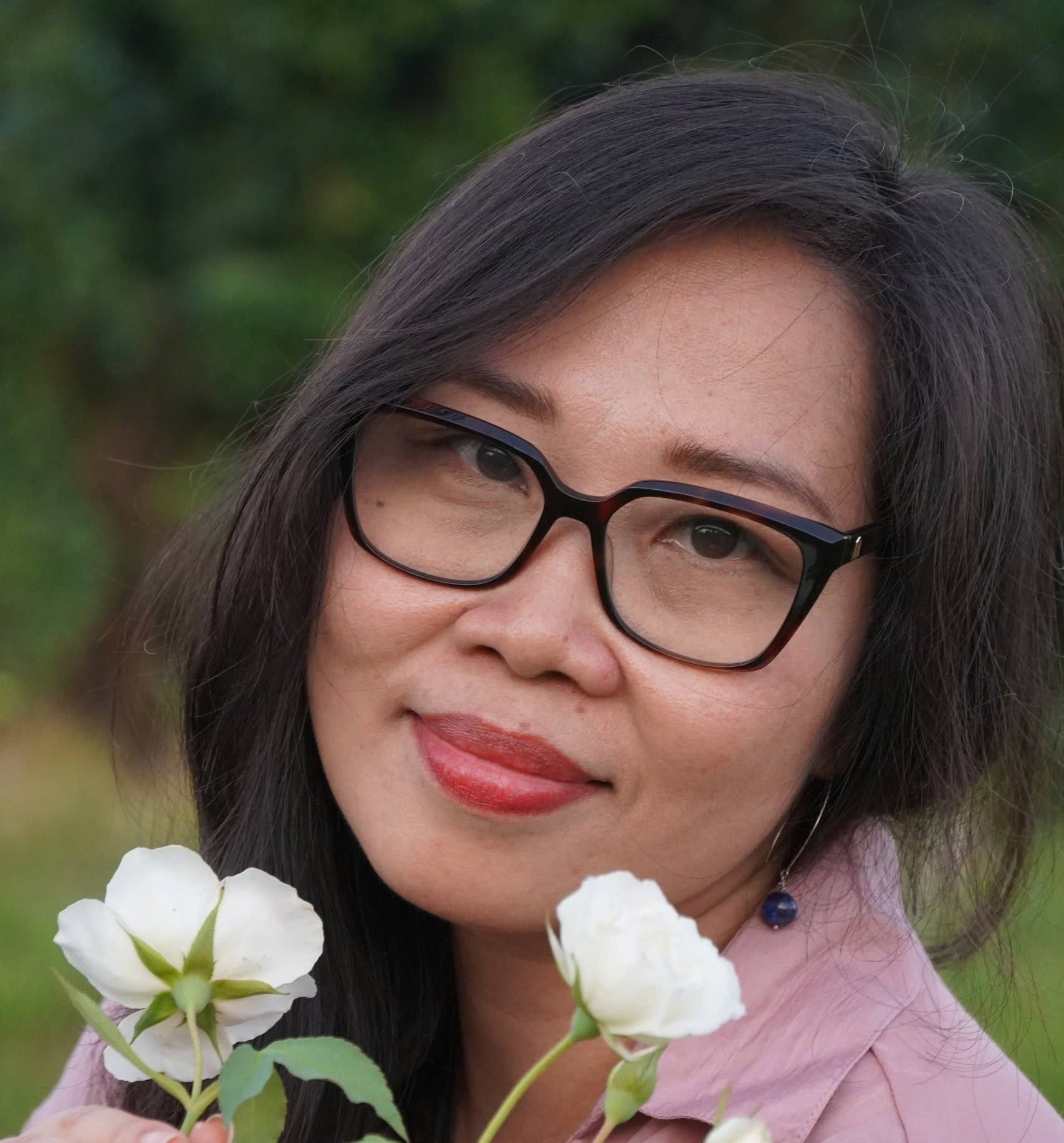
Tho Hanh Thi Pham
Vietnam (Ministry of Agriculture and Environment)
Tho Hanh Thi Pham is an agricultural development specialist with a Master’s degree in Food Business and Sustainable Agricultural Development and more than 25 years of experience advancing inclusive and sustainable rural transformation in Vietnam. Her work centers on strengthening locally rooted production systems and improving market access for smallholder farmers through integrated value chain development. She collaborates with government agencies, NGOs, private sector actors, and rural communities to link indigenous and distinctive local products to national and international markets. Her approach integrates agroecology, biodiversity conservation, and community‑based tourism while addressing key development priorities such as poverty reduction, gender equality, climate change mitigation, and food systems transformation. Her expertise spans food quality and safety standards, Geographical Indications and other collective branding mechanisms, and the strengthening of farmer organizations and cooperatives to enhance governance and market positioning. In recent years, she has contributed to advancing agroecological approaches within Vietnam’s food system transitions and supports the implementation of the National Strategic Programme on New Rural Development, promoting integrated economic, social, and environmental outcomes.
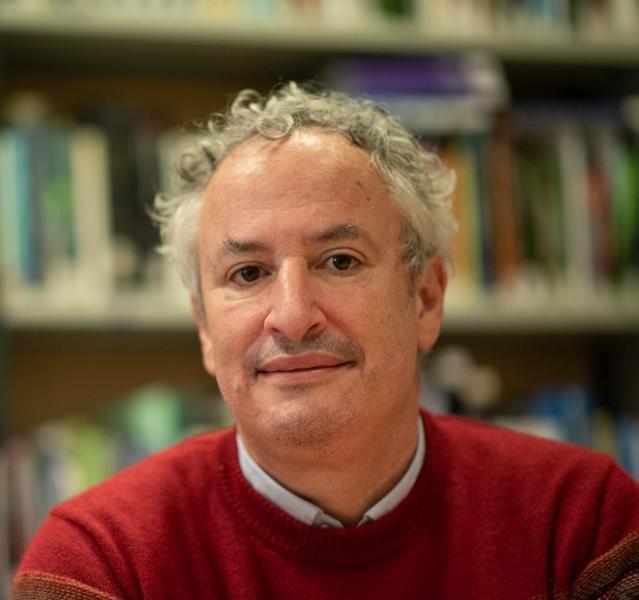
Carlo Fadda
Alliance of Bioversity International and CIAT
Carlo Fadda is the Director for Biodiversity for Food and Agriculture research at the Alliance of Bioversity International and CIAT. He has a PhD in evolutionary biology from the Sapienza University of Rome. Carlo is also an adjunct researcher at Scuola S. Anna in Italy. He is based in Nairobi. He has managed projects in China, Ecuador, Morocco, Kenya, Ethiopia, Papua New Guinea, Uganda, and Tanzania, among others. Since 2010 he has been based in Nairobi. His work centres on the understanding that conservation and use of genetic resources cannot be decoupled from rural development and livelihoods.
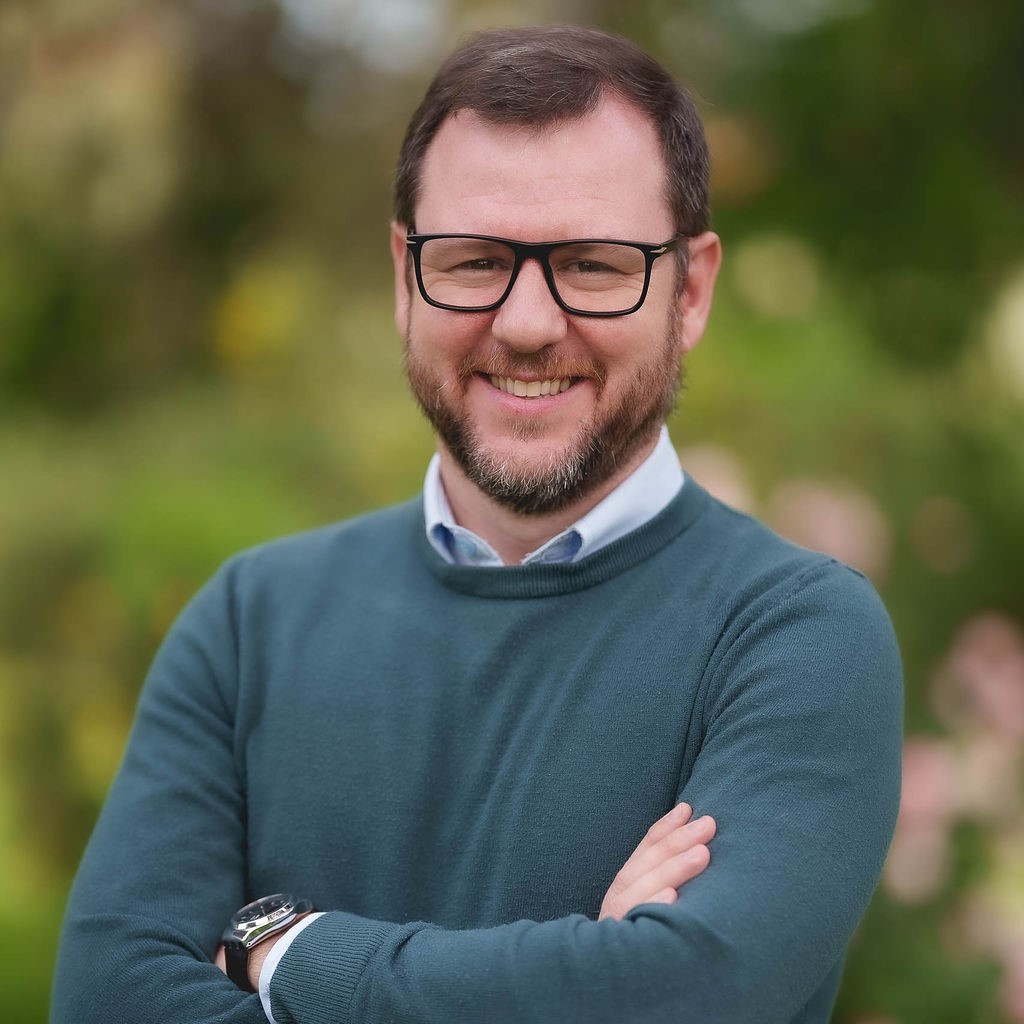
Marcos Lana
SLU
Marcos Lana is associate Professor in Cropping Systems at the Swedish University of Agricultural Sciences. His work is focused on the use of crop models to assess the impact of climate change and agronomic management on crop performance, so as to propose suitable adaptation strategies concerning crop production systems and other ecosystem services. He is also involved with the development and adoption of agroecology as a tool to support sustainable farming systems and he is active in different regions of Europe, Africa and Latin America.
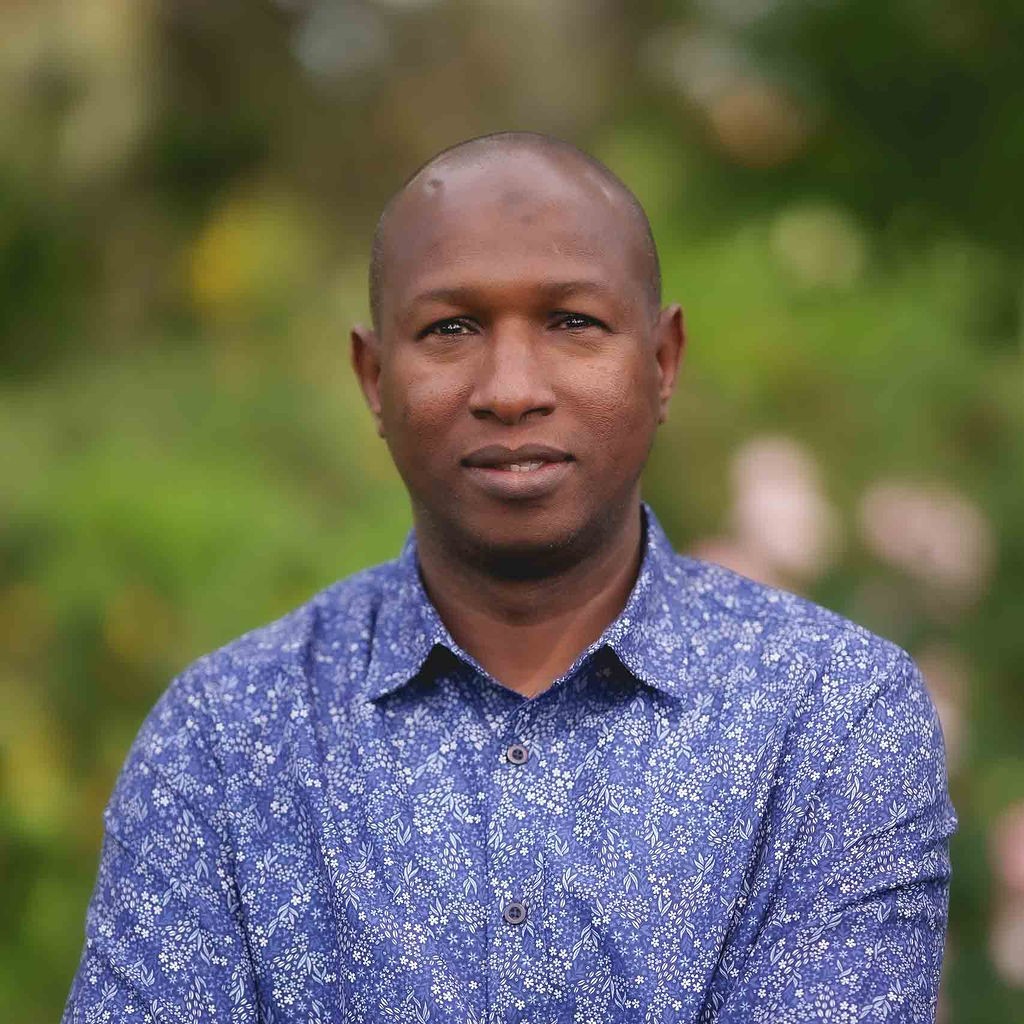
Amadou Oury Diallo
Senegal, CERAAS
Amadou is a researcher at the Centre d’Étude Régional pour l’Amélioration de l’Adaptation à la Sécheresse (CERAAS, Thiès, Senegal) of the Institut Sénégalais de Recherche Agricole (ISRA) since 2015. He holds a Bachelor of Science in biochemistry in 2003, a Master of Science in biology in 2006 and a Ph.D. in biochemistry in 2012 from the Université du Québec à Montréal, Canada. He completed a post-doctoral fellowship (2012 – 2014) at McGill University, Montreal, Canada. His research interests at CERAAS are linked to understanding the molecular and physiological mechanisms put in place by plants to adapt to and tolerate water stress. To achieve this, he intends to draw on the multi-disciplinary skills available at CERAAS, through ISRA and via partnerships to be forged and developed with national and international universities and institutes. Dr. Diallo is co-author of several scientific papers and articles published in international and specialized journals with a high impact factor.
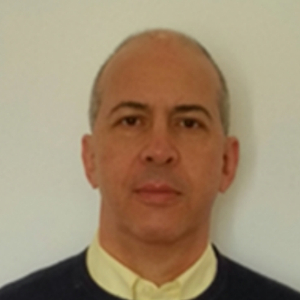
Edmundo Barrios
FAO
Edmundo Barrios is an Agricultural Officer at the Plant Production and Protection Division of FAO. He provides technical and policy-related advice on ecosystem management, soil health & biodiversity that supports agroecological transitions to sustainable food and agricultural systems. A senior soil ecologist with more than 20 years of research for development experience with the CGIAR based in Cali-Colombia (CIAT) and in Nairobi, Kenya (ICRAF), he investigated the linkages between soil health, biodiversity and productivity in agricultural and agroforestry systems. He led the FAO Agroecology team in the development of the ‘The 10 Elements of agroecology: Guiding the transition to sustainable food and agricultural systems’ publication released during the 2nd International Symposium on Agroecology held in Rome at FAO-HQ in April 2018 and a recent FAO peer review publication on enabling agroecological transitions.
Banner photo credit: Frank Meriño from Pexels
